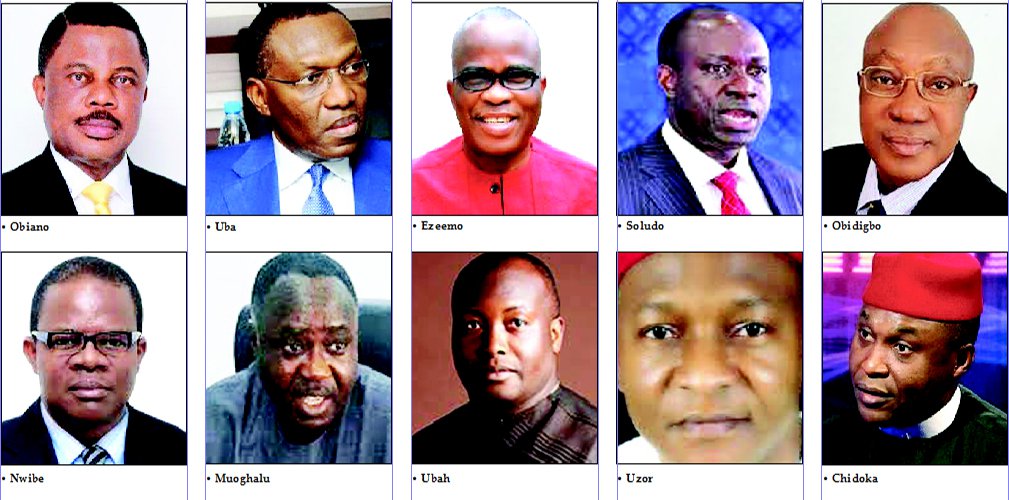SOME experts have identified unauthorised persons’ access to weapons and explosives as renewed threats to aviation security.
Speaking at the third Annual Security Lecture organised by the Aviation Security Department of the Federal Airports Authority of Nigeria (FAAN) in Lagos, they said weapons and explosives could be smuggled into planes through carry on baggage and check in luggage using airport workers.

The event drew participants from the Nigerian Civil Aviation Authority (NCAA), FAAN, airlines ground handling companies and para-military organisatons in the airport.
Its theme was, “Security awareness: Panacea for threats to civil aviation.”
Director of Aviation Security Unit of NCAA, Ademola Oladele, General Manager, Training and Human Resources Development, FAAN, Nathaniel Mc Abraham-Inajoh, Director, Aviation Security, FAAN, John Omaghomi and Head, Airport Chief of Security, Murtala Muhammed International Airport, Sadiku Mamman, urged the government to invest in the acquisition and upgrade of security equipment and training of security personnel to secure the airports from attacks.
They said the renewed threats to aviation security made it imperative to invest more in technology, enhanced training for personnel.
Oladele said though aviation security is everybody’s business, FAAN needs to train its personnel regularly to prevent interference at the airports.
He said though aviation security is covered by regulatory provision under Annex 17 of the International Civil Aviation Organisation (ICAO), Nigeria has inched further to design appropriate programmes that will enhance security at the airports for operators to comply.
Oladele said the National Civil Aviation Security Programme has enough provision for aviation security.
He however identified threats to airport security to include access to modern weapons and explosives by unauthorised persons, which could be smuggled through carry on baggage, check-in luggage, and other activities using airport workers.
Oladele said the government needs to zero in on insider threats in airport security by re-evaluating security measures.
Part of such measures, he said, should include constant mitigation, profiling of airport workers including aviation security personnel, behavior detection, regular background checks and training.
He said: “It is for this reason that security awareness trends and threats to new aviation personnel should be carried out at least once in a year.
‘’Other ways is to ensure the issuance of on duty cards to airport workers are subjected to security checks in addition to ensuring that there is reporting of suspicious movement of people, abandoned vehicles and luggage at the airport and any form of photographing of sensitive areas using cellphone or camera.”
Omaghomi called on the government to provide more training facilities for aviation security personnel, insisting that such training will expose the sophisticated methods used by unauthorised persons to conceal weapons at airports.
He said: “The government needs to assist FAAN by upgrading our operational equipment as a strategic counter measure.
‘’More training for aviation security personnel will improve their knowledge for efficiency. We need adequate manpower that is sufficiently motivated to guarantee adequate supervision and general guidance.”
In a presentation, titled: “Security awareness A,B,C,D, and E”, Inajoh canvassed the support of all stakeholders because any lapse on aviation security could result in deaths of hundreds and loss of public confidence in air travel and revenue.
According to him, there is need to build strategic alliances among stakeholders driven by cooperation and not antagonism.
Inajoh called for the fortification of access around the airports by aeronautical authorities.
He cautioned that access to vital security information, equipment should be controlled because, “protecting the system demands a high level of vigilance because any single lapse in aviation security could cost the industry severely”.
Aviation security personnel, he said, should demand alertness by paying attention to details, especially against the new threats posed by cyber security to aviation.
Inajoh said threats by cyber security have become disturbing because unauthorised persons could tamper with critical aviation infrastructure through hacking, thereby throwing the system into danger.
He said: “Cyber security is becoming a big threat to aviation safety because people could tamper with aviation infrastructure, airlines payment system, air traffic control systems to carry out hazards to aviation. We must all observe unusual trends and focus on the job.”
Mamman said the government’s efforts to step up training for aviation security personnel should be stepped up.
Capacity building through awareness creation swould go a long way to boost performance for aviation security personnel at airports.
Mamman said: “We are convinced that our professional calling as security operatives has a deep intellectual foundation that should be reinforced and continuosly strenghtened. This conviction sets the focus for our annual lecture series were experts gather to collectively look into the essential role security awareness plays in mitigating threats confronting the safety and security of our industry.”
According to him, aviation security personnel will rise to new trends and threats in airport security by using information at their disposal to track any attempts by persons to attact the airports.
Mamman said the government could do more by exposing aviation security personnel on how to use technology to improve security at the airports.
He said the vigilance of FAAN aviation security personnel has exposed many unauthorised acts against civil aviation at many airports.
Closer collaboration between FAAN security personnel and other security agencies, he said, would improve security architecture at airports.
“Our FAAN security personnel have continued to do their best within resources and equipment at their disposal.
“ This explains why one of our officers was able to detect a passenger publishd on the wanted terrorists list at the Abuja Airport. The officer allowed the passenger to go through the boarding process, get to the boarding area before he was handed over to the military.”
Mamman urged airlines and other operators to comply with the airport security programme designed by government to ensure compliance with Annex 17 of ICAO domesticated in Nigerian Civil Aviation Regulations (NCAR).
He added: “There is need for all stakeholders to begin to see airport security as everybody’s business. All operators must ensure they adhere strictly to relevant regulations concerning aviation security, training programmes for service users and providers.’’







